
What could be worse than feeling stuck in life? If you’ve been trying to find out how to get healthy but keep failing to make the changes you need, you could be missing out on this one thing. So read on to discover how to get started on the road to better health.
A couple of years ago, I was chatting with a friend who works in healthcare about which medical problems she was seeing most.
“Catriona, everyone coming through that door is beyond exhausted,” she replied, glancing to the entrance of her studio.
I nodded my head so vigorously it almost fell off. Because that was what I was seeing as well. It didn’t matter what had led people to my door; what they all craved was more energy. Often they’d spent years trying to figure out how to get healthy but without success.
Sure, I was seeing different degrees of fatigue: many people were still working (far too hard usually), but some could barely make it out of bed every day.
We all need enough energy to get us through our days. That’s as true now as it was thousands of years ago.
We’re in a pandemic of chronic exhaustion. Combine this with a bunch of to-do lists that are less realistic than attempting to summit Everest, and you’ve got a recipe for disappointment and frustration. I’m sure you’ve already figured out that our physical health is intimately tied to our emotional wellbeing. And when those things fall apart, our quality of life deteriorates as well.
Why are people suffering so much now? After all, we’re privileged to live in a society far more advanced than at any previous point in history. We’ve endless gadgets and resources at our fingertips that should make our lives more straightforward.
But the truth is that while they perform tasks at breakneck speeds, those modern technologies drive expectations of what we can accomplish in a day, a week, or a month. So now we’re trying to cram even more into our lives at the expense of our health.
And to distract from the constant pressure to be doing something productive with our day and succeed at everything, we dip into social media to quickly check what’s happening. Twenty minutes later, we find we’re still scrolling and clicking on funny memes.
We’d do more in the evenings if we weren’t so knackered that all we can manage is to order something from our local takeaway and crash on the sofa in front of Netflix. And that’s where we doze off.
We’re sleeping less than we used to as well. This lack of sleep is down to a combination of factors. But an important one is that we’re not spending enough time in bed.
When we’re struggling to juggle all of life’s crazy circus balls, sleep is one of the first to get dropped – shortly after eating well.
It won’t come as a surprise to you, but emotional eating is an insanely popular way to try to cope with all of the pressures and demands of modern life.
But we also attach meaning to it. We eat to celebrate. And also to commiserate. When we are small, our mums and grandparents often comfort us with edible treats. Sometimes when we’re little kids and want to feel more grown-up, we’d have a cup of tea and a biscuit.
We “break bread” together to cement our relationships.
And it’s now de rigueur to enjoy something sweet and savoury while entertaining ourselves. So popcorn at the cinema and a hot dog watching a match have morphed into packets of sweets, chocolate, biscuits, crisps, pizza, burgers, chips, and beer in front of the telly.
Yet, at the same time, how often do we rush about all day, hardly stopping for a toilet break, let alone sit down to a proper lunch? Instead, we grab a sandwich with something carbtastic because we need a boost of energy along with a coffee at our desk while we keep slogging away.
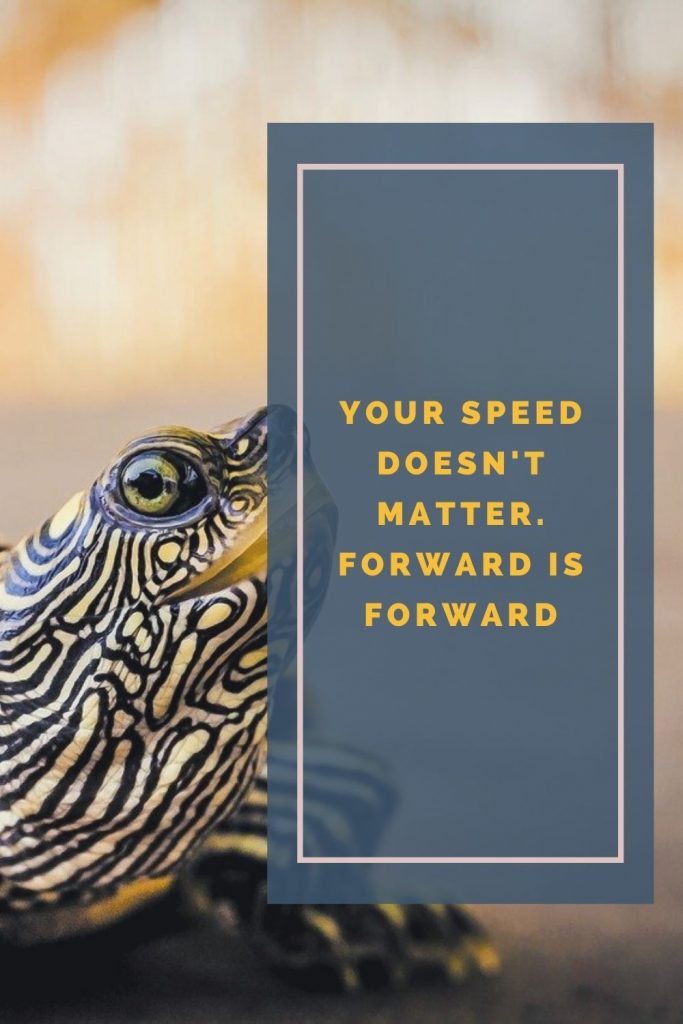
Most people reach for some caffeine: a mug of coffee, a bottle of coke, or a can of red bull. Caffeine is our drug of choice to help us make it through the week.
When I was a paediatrician, I had a serious coffee habit. Of course, I was tired all the time. Working long hours, night shifts and on-calls, and commuting to and from work all took their toll. But so did the stress; because worrying all the time is exhausting. Little did I know that coffee with hot buttered toast and jam or marmalade only added to my fatigue.
Caffeine doesn’t so much as give you an energy boost as it borrows energy from later to burn up now. Thus, leaving you with an energy debt, and making matters worse, difficulty sleeping.
Several years ago, I discovered that caffeine made me anxious. I’ve since found out that it has this effect on lots of other people too. Studies show that caffeine increases levels of the stress hormone cortisol. High stress is linked with lots of different types of chronic disease, including high blood pressure, heart disease, and cancer.
Meanwhile, toast with sugary condiments may be high in energy, particularly from carbohydrates, but they’re low on the nutrients you need to burn that energy.
I couldn’t sustain my lifestyle as a doctor no matter how hard I tried. And I gave it the old college try, sacrificing my social life, fun, processed foods, alcohol, and my health along the way.
My doctor thought all I needed was a good rest and some time off work. That and antidepressants (which I declined, having read Anatomy Of An Epidemic and a few other books on mental health).
But rest didn’t mend me. I needed it, but it wasn’t enough.
My burnout experience made me embark on a new pilgrimage in the pursuit of health. And along the way, I learned a lot about wellbeing. Often from epic mistakes (none more immense than having a gadolinium injection for an MRI scan).
On that adventure, I had to tackle grief head-on again and again. Are you ever ready to face grief? Perhaps some people are, but I’m not one of them.
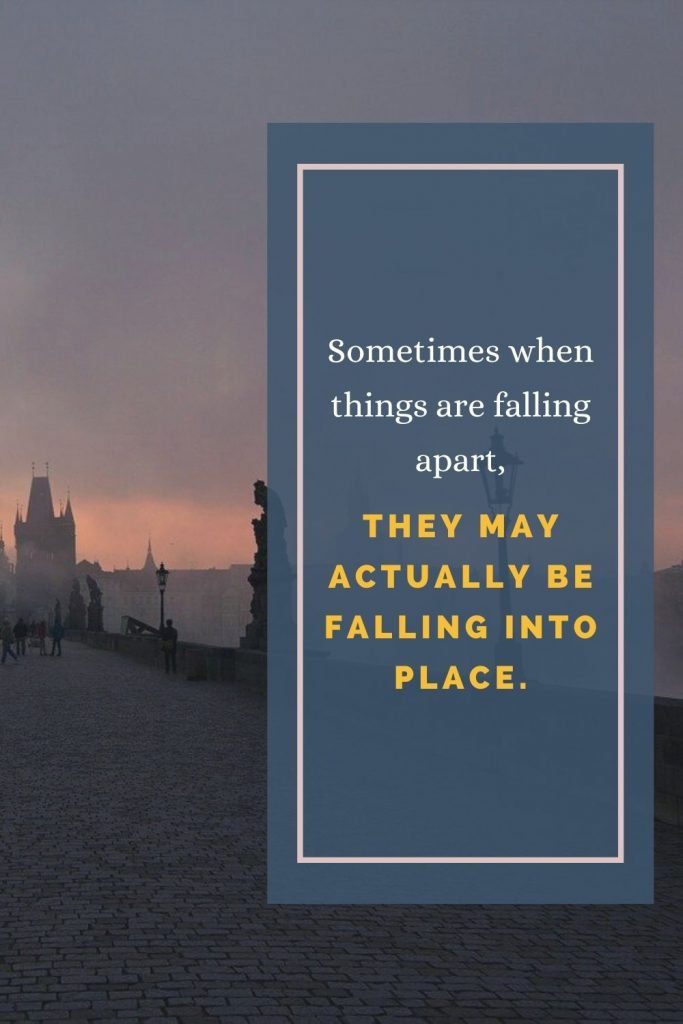
Every time you’re faced with a loss, grief invites you to hop on an emotional rollercoaster. But, suffering isn’t confined to bereavement. It’s not locked away in a tidy little pen only to be let out now and again when someone close to you dies.
So grief isn’t always monumental or all-encompassing either. Sometimes it’s just a bit annoying.
But the way that we perceive it can hamper us. If we think we need to save our sorrow up for those significant episodes like a death, divorce, or even life-threatening illness, we can end up denying how all the minor sucky things in life affect us.
Then it becomes easy to suppress our feelings. Force them deep down inside. Keep them out of sight as if that means they will evaporate like the dew. Except they won’t.
“In the grand scheme of things, it’s not a big deal,” or so you tell yourself. Well, that’s what I told myself. And I think other people validated those thoughts too. “Shhh. Don’t cause a scene. What’s the big deal? Why are you making such a fuss over this?”
But in a way, denying grief becomes a barrier to changing. You get stuck at that denial stage and can’t move past it.
Miserable, you have an inkling that there’s something you need to do about it. You need to change something. Even make sacrifices. Perhaps you worry that you’ll have to give up being lazy (even though you’re not in the least bit lazy to begin with; spending some time resting, daydreaming, or having a lie-in isn’t being lazy. It’s being human. After all, we aren’t human doings).
You covet the health benefits that accrue from a healthy lifestyle: better energy levels, restful sleep, stable blood sugar levels and mood, and a lower risk of heart disease. And you’ve tried making healthy lifestyle changes in the past. But they were hard to stick with. Life got in the way.
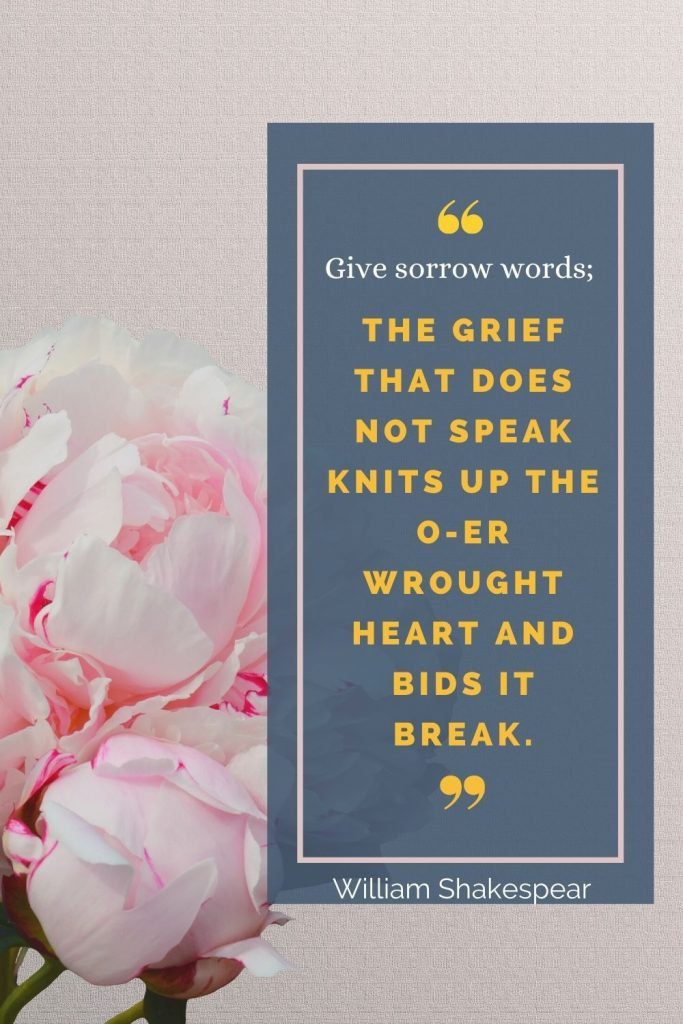
Maybe where you need to start is by acknowledging that right now, life is tough. And you want it to be better. But, to make it better, you’ll need to change some things.
You don’t want to. That’s what sucks the most. I know how awesome it would be if you could wave a magic wand and everything in your life was perfect. It’s a crying shame that life doesn’t work like that.
But how does changing things make you feel?
Start there: begin to peel back all the emotional layers. And be honest with yourself about it. It’s normal to feel resistance.
But do it with compassion for yourself. Picture having a conversation with a dear friend who reveals they’re fed up with things the way they are. And they’re battling all these different emotions and overwhelm whenever they contemplate changing things.
How would you comfort them, letting them know you can see how hard it is for them? How would you hold space for them?
Now with love and kindness, do it for yourself.
And if you need permission to grieve about the seemingly trivial stuff, you’ve got it. The secret is that you’ll be far more successful changing things if you are honest about both what you’re giving up and what you stand to gain. You know, the best things in life are seldom easy or handed to you on a plate. But they’re worth the effort.
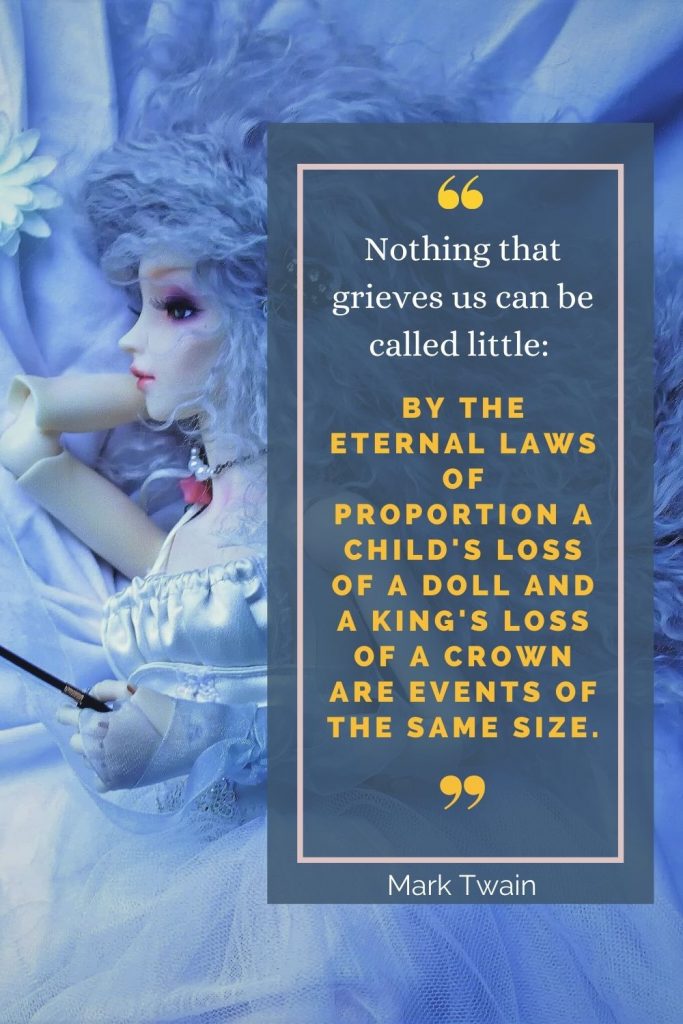
Having compassion for your self isn’t always easy. This is even more true for people with a tendency to be self critical. If that describes you then you’ll like this free resource on self-compassion.
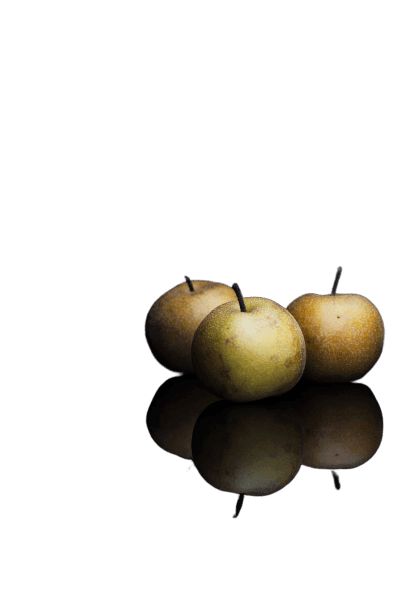
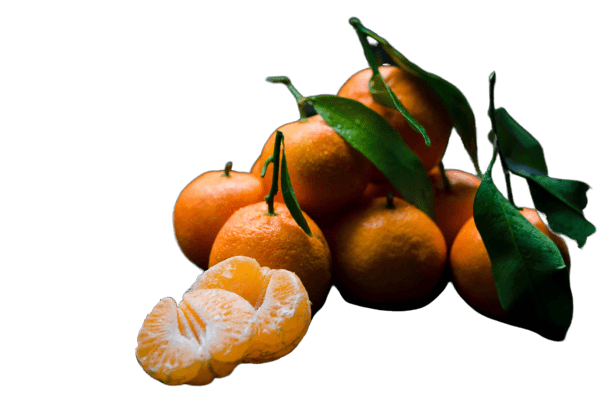
Sign up to my fortnightly newsletter and receive a free guide that will clarify what you need to know about MRI contrasts. In it, I reveal the secrets drug companies don’t want you to know about MRI contrasts. You’ll also receive occasional special offers, promotions, information about new products and other important details. Don’t worry, if you change your mind, it’s easy to unsubscribe at any time.
Click here to read my Disclaimer Privacy Policy, Terms and Conditions
Get your FREE guide to MRI contrasts sent straight to your inbox when you sign up for my newsletter today
Have you subscribed to my newsletter and claimed your free gift yet?
Sign up to my newsletter and receive a free guide that will clarify what you need to know about MRI contrasts. In it, I reveal the secrets drug companies don’t want you to know about MRI contrasts. You’ll also receive occasional special offers, promotions, information about new products and other important details. Don’t worry, if you change your mind, it’s easy to unsubscribe at any time.

Sign up to my fortnightly newsletter and receive the definitive free guide to MRI contrasts and their side effects. In it, I reveal the secrets about MRI contrasts that drug companies don’t want you to find out. You’ll also receive occasional special offers, promotions, information about new products and other important details. Don’t worry, if you change your mind, it’s easy to unsubscribe at any time.